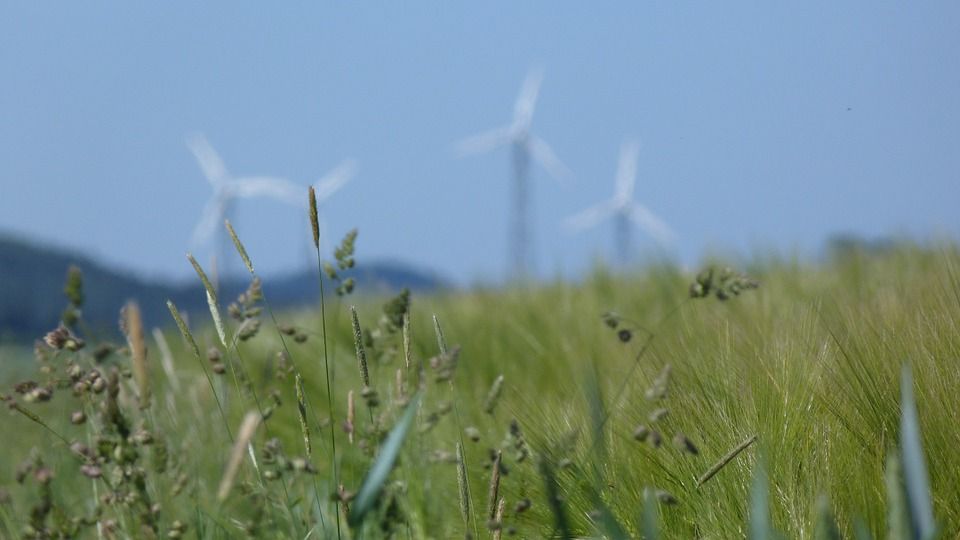A record 161 GW of renewable capacity added in 2016
Last year saw 161 gigawatts (GW) of renewable energy capacity installed, for 23 per cent less investment ($241.6 billion) according to a new report from the REN21

Last year saw 161 gigawatts (GW) of renewable energy capacity installed, for 23 per cent less investment ($241.6 billion) according to a new report from the REN21.
The Renewables 2017 Global Status Report was released on Wednesday 7 June, and detailed that additions in installed renewable power capacity set new records in 2016, increasing total global capacity by almost 9 per cent over 2015, to nearly 2,017 GW.
According to the report, solar photovoltaic (PV) accounted for around 47 per cent of the capacity added, followed by wind power and hydropower at 34 per cent and 15.5 per cent respectively.
While the investment of $241.6 billion in renewable power and fuels – excluding large hydropower – was a 23 per cent reduction compared to 2015, this decline "accompanied a record installation of renewable power capacity worldwide," REN21 said.
Arthouros Zervos, Chair of the REN21, said in a statement: "The world is adding more renewable power capacity each year than it adds in new capacity from all fossil fuels combined.”
Aside from the increase in renewable energy installed capacity, this year’s report also revealed that the global energy transition is well underway thanks to the rapidly falling costs of renewable energy, and the decoupling of economic growth and energy-related CO2 emissions for the third year running.
Recent deals in Denmark, Egypt, India, Mexico, Peru and the United Arab Emirates (UAE) saw renewable electricity being delivered at $0.05 per kilowatt-hour (kWh) or less, far below the costs for fossil fuel and nuclear generating capacity in all six countries.
However, the report has also found that fossil fuel subsidies continue to impede the progress of renewable energy.
Christine Lins, Executive Secretary of REN21, said: "The world is in a race against time. The single most important thing we could do to reduce CO2 emissions quickly and cost-effectively, is phase-out coal and speed up investments in energy efficiency and renewables.”
"When China announced in January that it was cancelling more than 100 coal plants currently in development, they set an example for governments everywhere: change happens quickly when governments act – by establishing clear, long-term policy and financial signals and incentives," she added.
Erik Solheim, Head of UN Environment, said in a press release: “A global transition to renewable energy technologies like solar and wind are also key ingredients of delivering on the Paris Agreement, keeping the global temperature rise below 2°C and avoiding catastrophic climate change. This new report shows where we are on this journey, and the data is clear: we need to move faster.”
To receive similar updates, sign up to our free newsletter here.




_400_250_80_s_c1.jpg)

